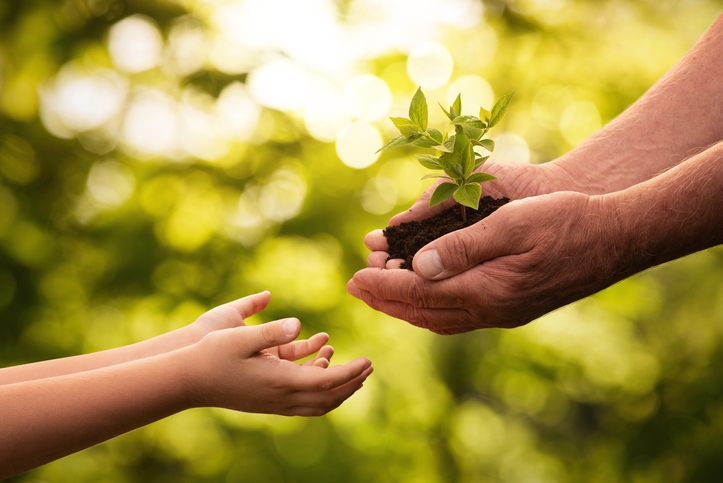We all hope to be remembered once we’re gone. When you think of leaving a legacy, do you think solely of the financial aspects? Leaving a large estate to your children is certainly one great way to leave a legacy. However, the amount of money you leave behind is not necessarily the most important part. And whether we like it or not, we are all leaving a legacy. Of course, money plays into our legacy a great deal. But when thinking about leaving a legacy, there’s far more to it than that.
Our legacy has to do with how we live and impact our family, friends and community. In addition, how we prepare loved ones for life without us plays a role too. This Next Avenue article states that the large majority of people attribute a “life well-lived” to having friends and family that love them. By contrast, a mere ten percent of the public believes a good life has to do with the amount of wealth accumulated.
It’s never too early to start thinking about how you want to be remembered. Lindsay Green’s book, The Well-Lived Life, describes a good exercise to begin contemplating this. She says to imagine that your life ended abruptly and tomorrow would be a world without you. What responsibilities, both emotional and concrete, would you want to have sorted out? The answer will vary from person to person. There’s definitely no right or wrong answer.
On the other hand, we can lead amazing lives and have a great personal legacy to leave behind. However, we may tarnish our legacy by leaving others to clean up our financial “mess” once we’re gone. Therefore, never doubt the importance of durable power of attorney, health care directive, and beneficiary designations.
The overall message is that your legacy is all about balance. You can’t focus solely on how much money you will leave behind, nor can you focus only on your interactions with others. But you don’t have to be anywhere near wealthy to leave a wonderful legacy. Making an impact can be as simple as spending quality time regularly with loved ones. Find out what you value and set out to do it. You’ll thank yourself later on.


